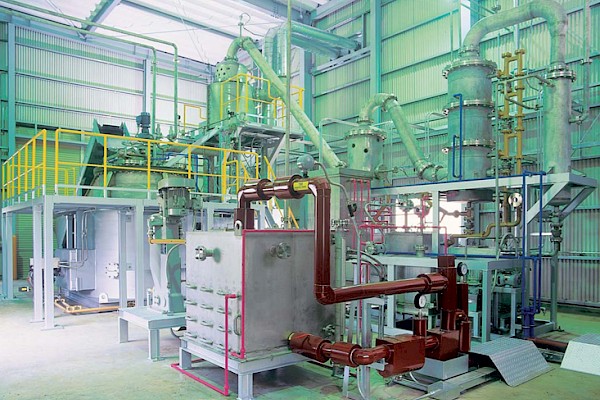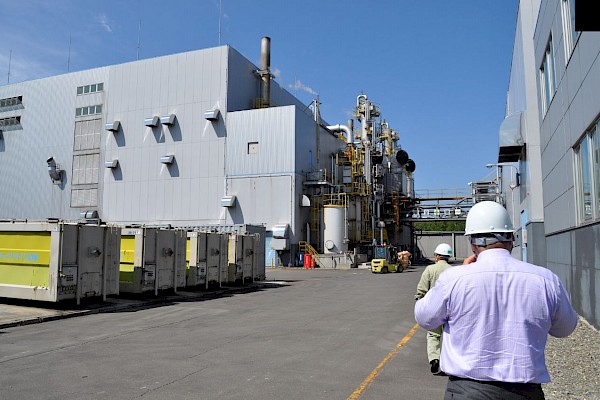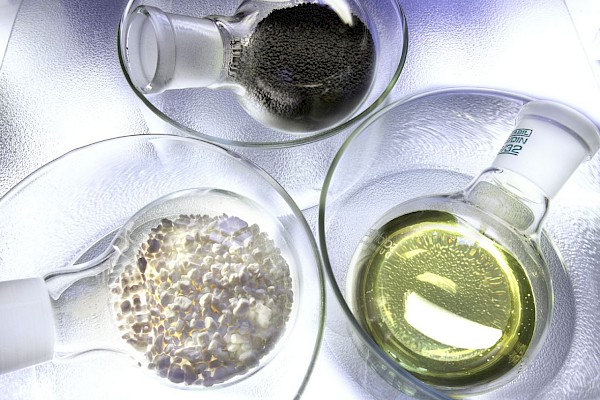-

Plastic Recycling

We live in a plastic world. Plastics are inexpensive, lightweight, and durable materials that can be readily molded into various products used in multiple applications. As a consequence, the production of plastics has increased exponentially over the last 60 years. However, their current usage and disposal levels generate several environmental problems.
Approximately 8-10 percent of the world’s oil and gas production, a non-renewable resource, is used as feedstock for plastics, and a further 3-4% is expended to provide energy for their manufacture. A significant portion of the plastic produced each year is used to make disposable packaging items or other short-lived products that are discarded within a year of manufacture. These two observations alone suggest that our current use of plastics is unsustainable. Additionally, due to the durability of polymers, substantial quantities of discarded end-of-life plastics are accumulating as debris in landfills and natural habitats worldwide.
Recycling is one of the most critical actions available to reduce these impacts and represents a dynamic area in the plastics industry today. Recycling provides opportunities to reduce oil usage, carbon dioxide emissions, and the quantities of waste requiring disposal.
While plastics have been recycled since the 1970s, the quantities of recycled plastics vary geographically, depending on the type of plastic and its specific applications. The recycling of packaging materials has seen rapid expansion in many countries. Advances in technologies and systems for collecting, sorting, and reprocessing recyclable plastics are creating new opportunities for recycling. With the combined actions of the public, industry, and governments, it is possible to divert most plastic waste from landfills to recycling over the coming decades.
Klean Industries has evaluated numerous technologies and techniques for effectively upcycling plastics rather than downcycling them into low-grade recyclables. Klean’s findings have been substantial, and several advanced thermal processing technologies have been identified and acquired as the way forward for reproducing virgin-based materials suitable for reintroduction into our current supply chains. Klean’s plastic-to-oil solutions can be fed with almost any petroleum-based waste plastic and converted into synthetic light to medium oil for less than USD $10 per barrel (excluding land, infrastructure, feedstock costs, etc.). As with crude oil, synthetic oil can be processed into commercial fuels or recycled into plastic. Klean’s groundbreaking innovations enable the company to provide solutions that deliver the highest possible financial and environmental returns.

Converting specific waste plastics into transportation diesel fuel and meeting the ultra-low sulfur specifications of EN590.
[Learn More >> GO]
World’s largest mixed waste plastics to oil recovery plant with a combined heat and power facility.
[Learn More >> GO]
Using waste plastics as a feedstock for chemical recycling to create monomers for the manufacturing of new plastics.
[Learn More >> GO]We support our client’s through our quoting and project development by providing a wealth of information and specifications about Klean Industries systems and technologies.
©2025 All Rights Reserved. Terms of Use